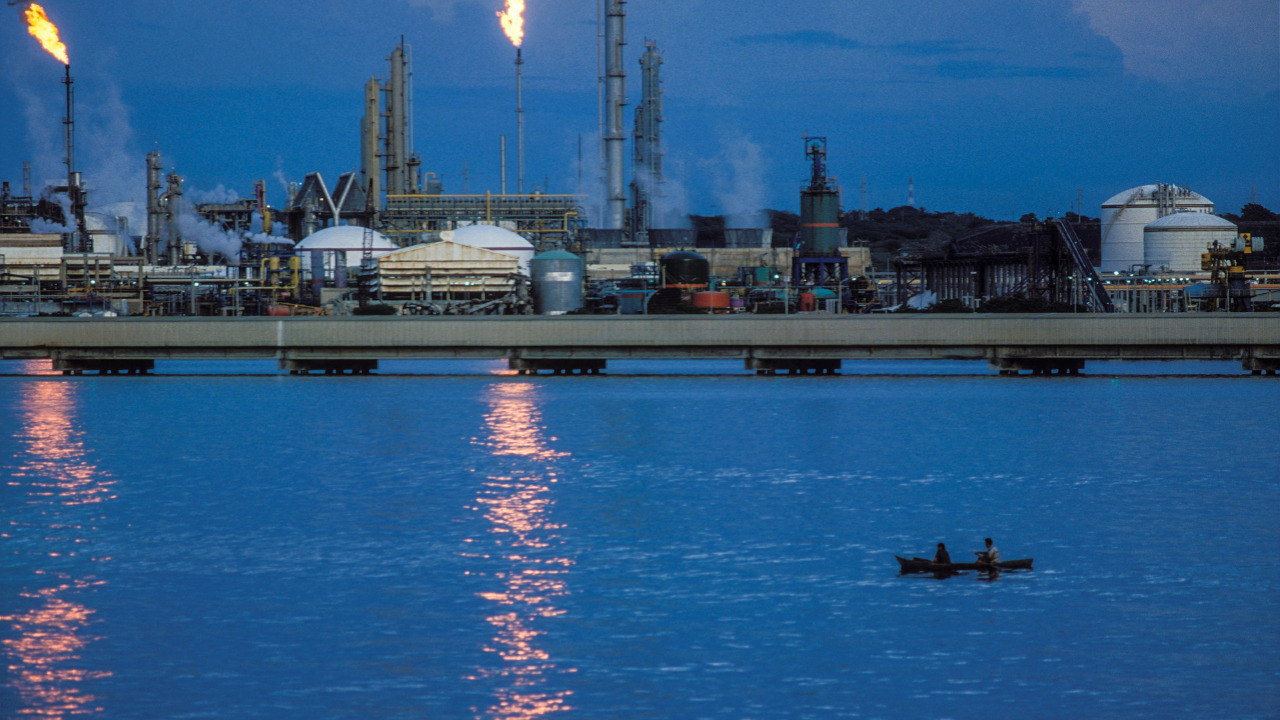Date first published: 8/12/2022
Key sectors: all; oil and gas
Key risks: political stability; sanctions
Risk development
On 26 November the United States (US) further eased oil sanctions on Venezuela, allowing US oil firm Chevron to resume the production and exportation of Venezuelan oil and oil-related products for the first time since the sanctions regime was implemented in January 2019. The six-month licence was approved on the same day in which President Nicolas Maduro’s government and the opposition resumed talks in Mexico’s capital Mexico City. The dialogue – stalled since October 2021 and marking the fifth attempt to achieve meaningful progress – is aimed at reaching agreements to address the country’s multiple crises. Its success will arguably be measured by whether or not free and fair elections are held in 2024.
Why it matters
The abovementioned developments might suggest that the US would be prepared to further ease oil sanctions as long as the government-opposition dialogue moves forward. However, it is yet to be confirmed if the dialogue’s progress is a sine qua non condition for further sanctions to be eased. What is clear is that Maduro’s government has continued to strengthen its position between dialogue attempts.
The fact that on 1 December Maduro stated that free elections – the opposition’s main goal – would only take place should all oil sanctions be lifted, is a clear indication of his readiness to hamper the negotiations once again should the government’s demands not be met – or should the government’s position be seen or perceived as weak.
The US has indeed stressed that the sales profits from Chevron’s exports are to be directed to paying debt owed to Chevron and not to providing profits to state-owned oil firm PDVSA – perhaps an attempt not to be seen as directly supporting Maduro but instead creating at least some conditions for the embattled sector to begin its recovery – and for Chevron and US refiners to grow their business at a time when alternative sources of crude are in high demand amid Russia’s invasion of Ukraine. Chevron reportedly plans to export its first shipment of Venezuelan oil to US refiners by end-December.
Background
This is not the first time in which the US has eased sanctions. Earlier this year the US authorised the resumption of the oil-for-debt deal benefiting Italian firm Eni and Spanish firm Repsol which resumed exports to Europe. The dialogue was still months away from even being announced and the measures were aimed at pressuring the government into resuming the talks. What remains to be seen is how much Maduro is willing to concede – or how aware he is of the growing power he will have as oil becomes all the more needed by Western nations turning their back on Russia.
Risk outlook
There is recent precedent for the government to unilaterally suspend the talks and fewer sanctions will not necessarily lead to more dialogue. The prospects of further sanctions being eased may encourage Maduro to remain at the negotiating table at least until significant concessions – at institutional to electoral level – are demanded. Already on 3 December the opposition demanded the government set a date to resume the talks claiming that Maduro had delayed the commitment assumed during the initial 26 November meeting to continue negotiations on the political and freedom agenda. It will indeed be a show of force, a challenging negotiation process from which Maduro and Chevron are already benefiting.



